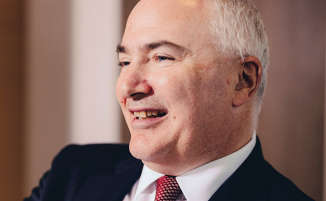With real estate investment moving out of paralysis post-election, Muna Abdi asks which firms are best prepared to take advantage
The enduring political and economic quagmire in the UK, initially shaped by the 2016 Brexit referendum, provided much of the framework for pessimistic commentary towards the end of the decade on many sectors, not least real estate. But the start of 2020 has brought fresh impetus: ‘The end of Corbynism will encourage most in the real estate market, which is not known for its left-wing leanings. It will also see a return of the uber-rich to London with high-end and luxury residential already experiencing a massive boost,’ predicts Eversheds Sutherland head of London real estate, Bruce Dear. Continue reading “Cranes in the sky: UK real estate market rebuilds”














